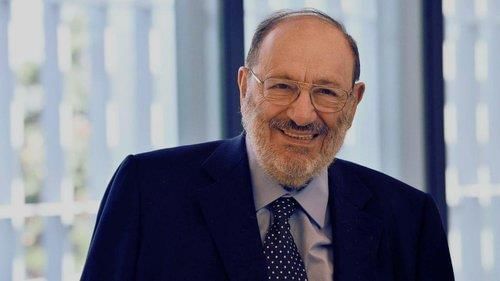|
Card: 1 / 48 |
What are the contrasting views of celebrities regarding interviews, as mentioned by the writer? |
|
Card: 2 / 48 |
Most celebrities view interviews as an unnecessary intrusion into their lives, while the writer believes that interviews are an important and reliable source of information.  |
|
Card: 5 / 48 |
True or False: The writer has never conducted interviews in his career as a reporter. |
|
Card: 6 / 48 |
False; the writer has extensive experience interviewing celebrities during his ten years as a reporter.  |
|
Card: 8 / 48 |
The writer values interviews because they provide a crucial and trustworthy source of information. |
|
Card: 9 / 48 |
Fill in the blank: The writer's experience reveals that many celebrities find interviews to be an ___ in their lives. |
|
Card: 11 / 48 |
What are some negative perceptions of interviews expressed by authors like V.S. Naipaul and Rudyard Kipling? |
|
Card: 12 / 48 |
Authors such as V.S. Naipaul believe that interviews can wound individuals and diminish their essence. Rudyard Kipling described the experience as a crime and an assault, indicating a strong disapproval of the interview process. |
|
Card: 15 / 48 |
True or False: Saul Bellow viewed interviews positively and saw them as beneficial to his self-expression. |
|
Card: 16 / 48 |
False. Saul Bellow described interviews negatively, likening them to thumbprints on his windpipe, suggesting they are constraining. |
|
Card: 18 / 48 |
Interviews provide vivid impressions of contemporaries, serving as a valuable medium of communication. |
|
Card: 19 / 48 |
Fill in the blank: Lewis Carroll had a just horror of the ___ and never consented to be interviewed. |
|
Card: 21 / 48 |
What significant transition did Umberto Eco experience in his writing career around the age of fifty? |
|
Card: 22 / 48 |
Umberto Eco transitioned from being primarily an essayist to becoming a novelist.  |
|
Card: 23 / 48 |
In 'The Name of the Rose', what themes are explored beyond the detective narrative? |
|
Card: 25 / 48 |
Umberto Eco's assumption about the success of his novel can be described as a ___ that he could not explain. |
|
Card: 27 / 48 |
True or False: Umberto Eco considered writing novels to be his primary focus throughout his life. |
|
Card: 28 / 48 |
False. He primarily considered himself an academician and dedicated Sundays to writing novels. |
|
Card: 31 / 48 |
What was the approximate number of copies sold of 'The Name of the Rose' worldwide? |
|
Card: 33 / 48 |
Fill in the blank: Umberto Eco worked at the ___ of Bologna and was deeply involved in the field of ___ during his academic career. |























